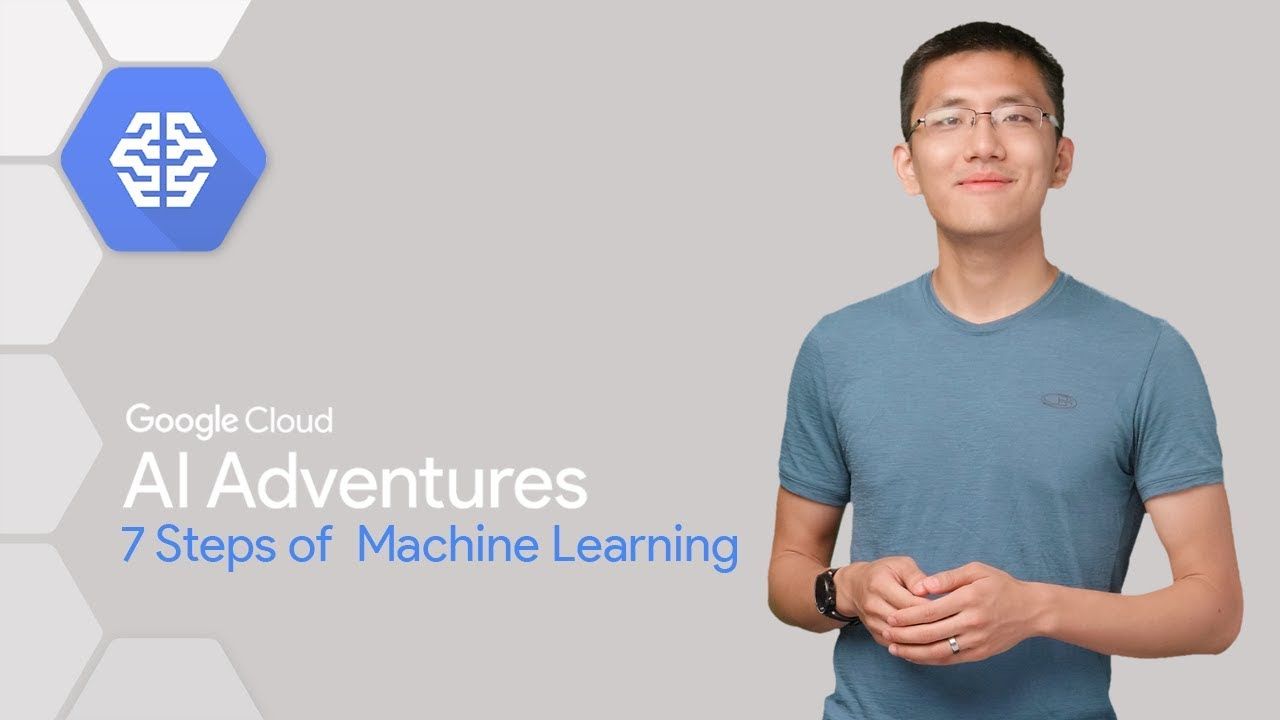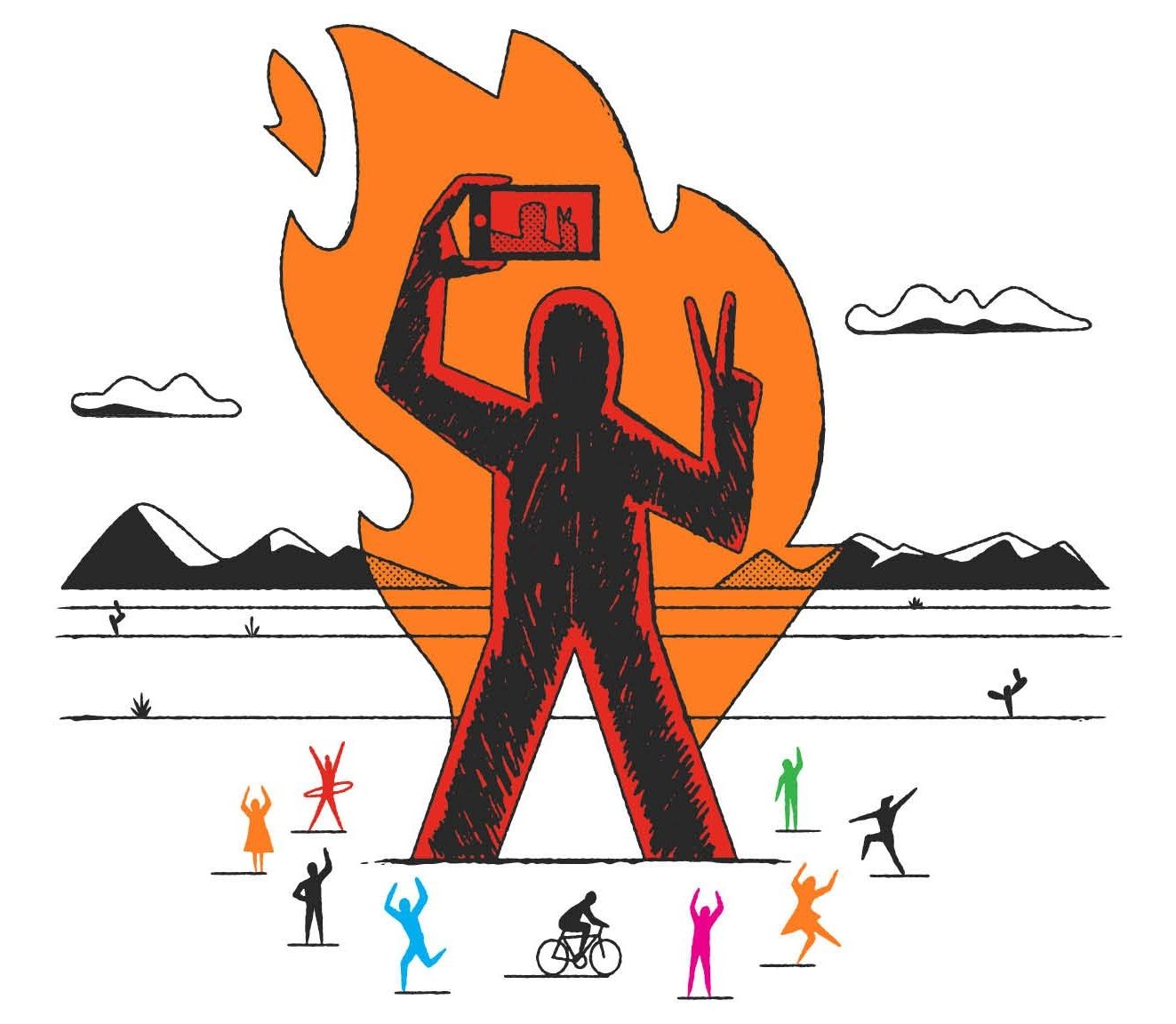[youtube_sc url=“https://www.youtube.com/watch?v=Lqxs6SPHaJY”]
Self Driving Cars and Ethics. It’s a topic that has been debated in blogs, op-eds, academic research papers, and youtube videos. Everyone wants to know, if a self-driving car has to choose between sacrificing its occupant, or terminating a car full of nobel prize winners, who will it pick? Will it be programmed to sacrifice for the greater good, or protect itself — and its occupants — at all costs? But in the swirl of hypothetical discussion around jaywalking Grandmas, buses full of school-children, Kantian Ethics and cost-maps, one crucial question is being forgotten:
What about the Squirrels?
What is your take on the ethics of driverless vehicles? Should programmers attempt to give vehicles the ability to weigh moral problems, or just vehicles only have the aim of self-preservation?
Follow us on social media:
Twitter / Facebook / Instagram





